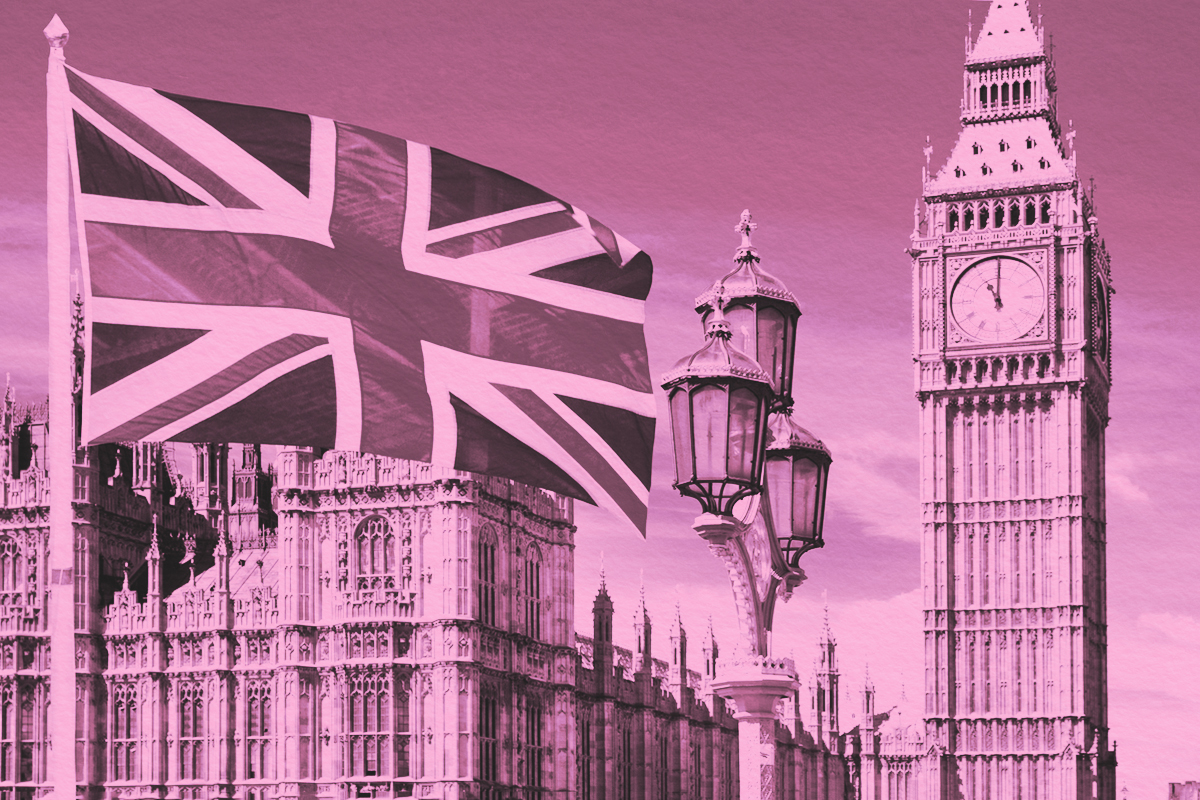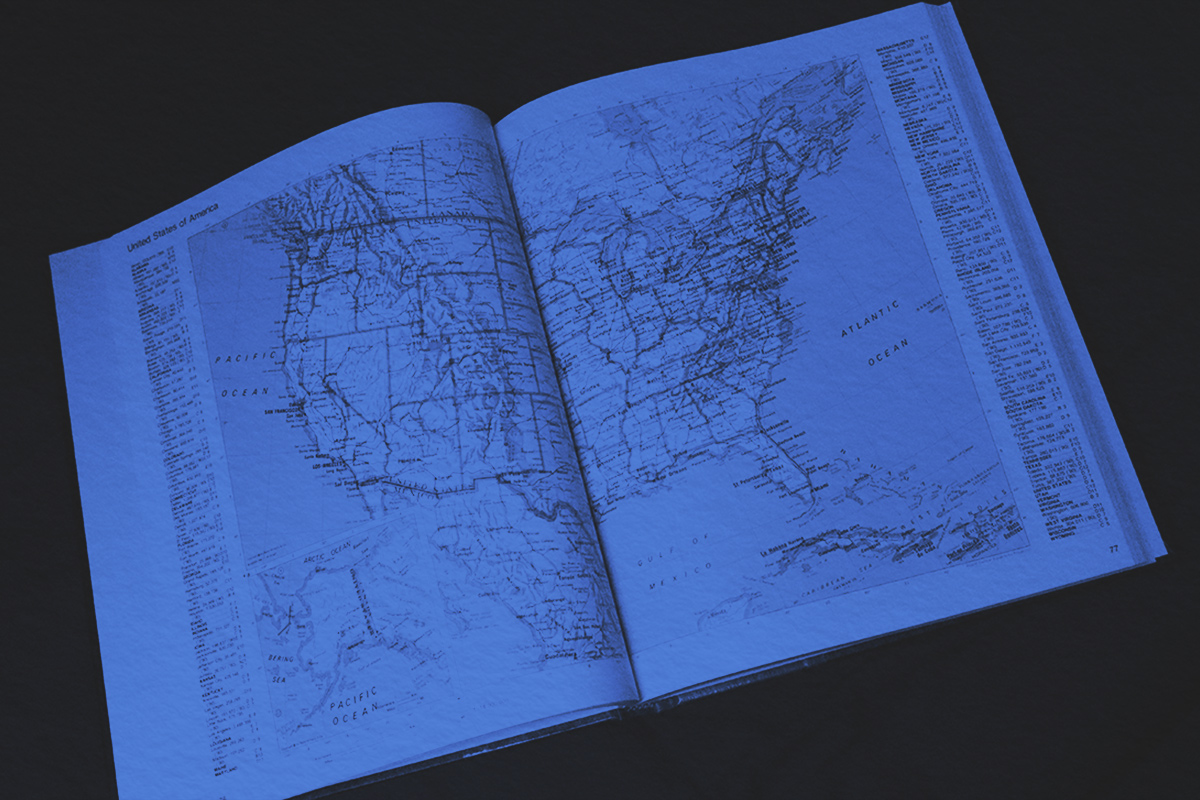
Americans share a lot of similarities with our neighbors to the north, such as a mutual fondness for beer, maple syrup, and ice hockey. English is spoken in both countries, though there are ways in which the pronunciation and vocabulary differ (and French is also an official language in Canada). Let’s examine how the English language varies based on which side of the border you’re located on.
For the most part, Americans and Canadians pronounce words similarly, but slight differences in vowel pronunciation are more prominent in particular words. Saying the words “about” and “sorry” will signify a Canadian faster than wearing a maple leaf sweater. There’s a stereotype that Canadians pronounce “about” like “a boot,” but it’s actually closer to “a boat.” This change comes because Canadians tend to raise the /ou/ vowel sound, meaning the tongue sits higher in the mouth. All words containing “oat” or the /ou/ pronunciation follow this vowel pattern.
Yes, Canadians do say “eh,” though it doesn’t come at the end of every sentence, as stereotypes might portray. “Eh” is an interjection that, according to Merriam-Webster, is “used especially in Canadian English in anticipation of the listener’s or reader’s agreement.” In other words, it’s like ending a sentence by asking, “Do you agree with what I just said?” or “Right?”
Language-learning platform Babbel shared in this YouTube video that “eh” is akin to the Japanese hé or Portuguese né. It’s essentially a polite way to invite the listener to participate in the conversation. This plays off of another Canadian stereotype: politeness. Instead of just stating a fact to someone, Canadians might say “eh” to encourage a back-and-forth dialogue, which often leads to a more enjoyable and engaging conversation.
While we couldn’t possibly touch on every unique bit of Canadian vocabulary, there are a few notable terms used in everyday conversation. An American might be mystified by some of these slang terms, even though they’re English.
For instance, Canadians refer to CA$1 coins as “loonies,” as these coins feature the likeness of a bird called a loon. They also refer to CA$2 coins as “toonies,” a portmanteau of “two” and “loonie.” Americans might be confused by both the silly words and the larger coin denominations.
Differences extend to the culinary world as well. When Canadians say “Caesar,” they might be ordering a salad, but they’re more likely ordering a popular cocktail containing vodka, tomato juice, and clam broth (similar to a bloody mary). Canadians also say “back bacon” rather than “Canadian bacon,” the former term being a literal reference to the part of the pig it comes from. And Canadians love Timmies, a coffee chain whose formal name is Tim Horton’s — don’t forget your Timbits (donut holes).
Ask a Canadian to sing the alphabet and they’ll end with the letter “zed,” not “zee.” The letter “Z” comes from the Greek zeta, which was borrowed by the Romans who created the Latin alphabet that many English speakers rely on. It’s through this evolution that the majority of English speakers, including Canadians, Brits, Kiwis, and Aussies, pronounce “Z” as “zed.”
The reason why Americans say “zee” has to do with a 19th-century effort to distinguish American English from British English. Lexicographer Noah Webster declared “zee” as the official pronunciation of the letter “Z,” and it stuck. But in Canada, it’s still “zed.”
Americans and Canadians spell a lot of words the same way, including ones that end in the suffix “-ize” (e.g., realize, theorize, etc.). While British people would spell those words ending with “-ise,” Canadians and Americans always use “-ize.”
However, sometimes Canadian spelling differs from American spelling, as it tends to align more closely with British English. This includes words such as “traveling” and “canceled” here in America, which would be spelled as “travelling” and “cancelled” in Canada. Canadians also follow British rules in regard to English words originally derived from French, such as “color” and “honor.” While Americans drop the “u” (again, thanks to Noah Webster), Canadians and Brits prefer to spell these words as “colour” and “honour.”

















